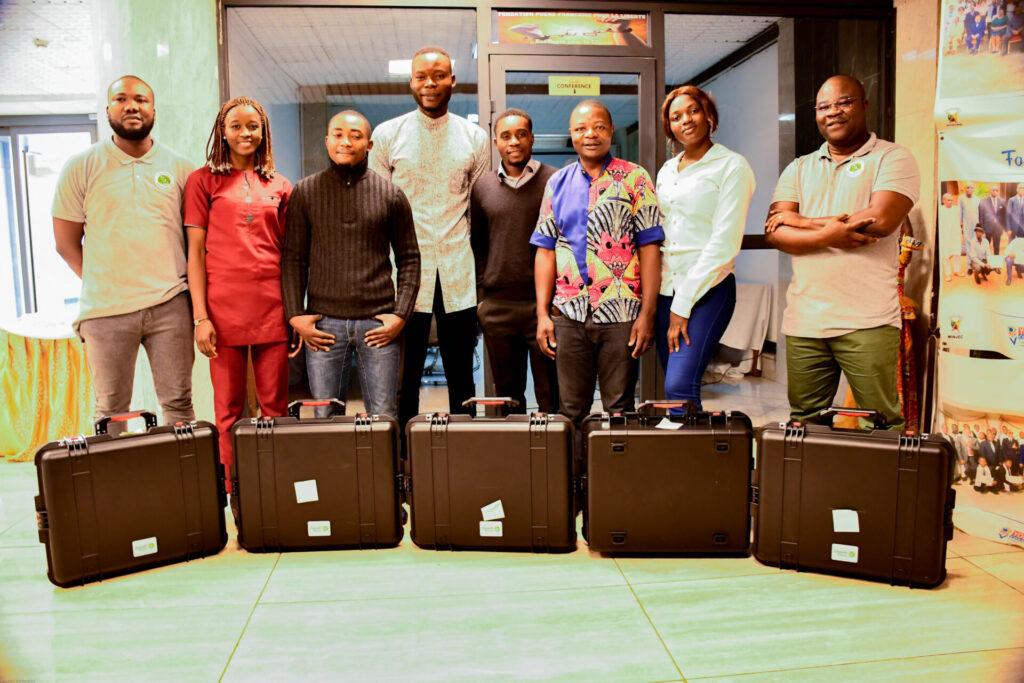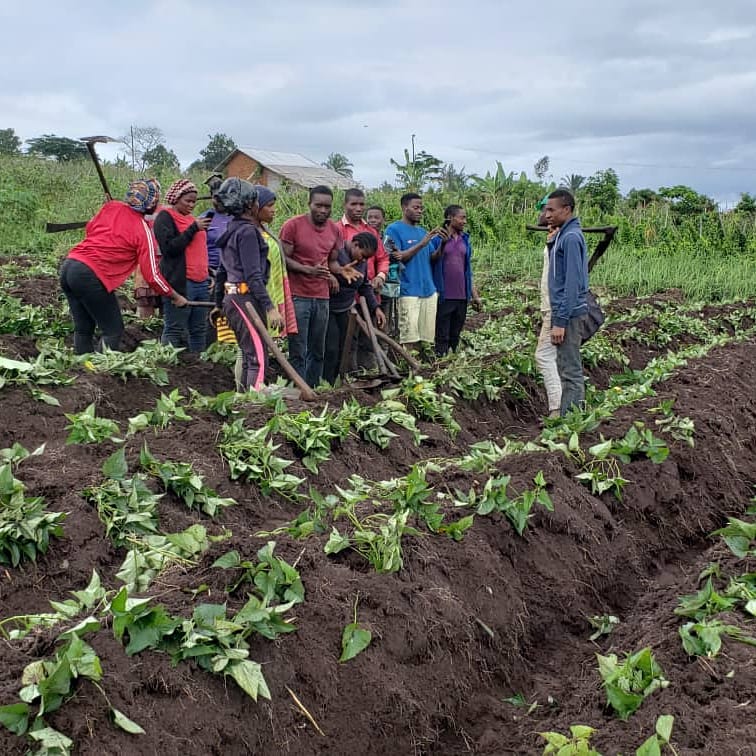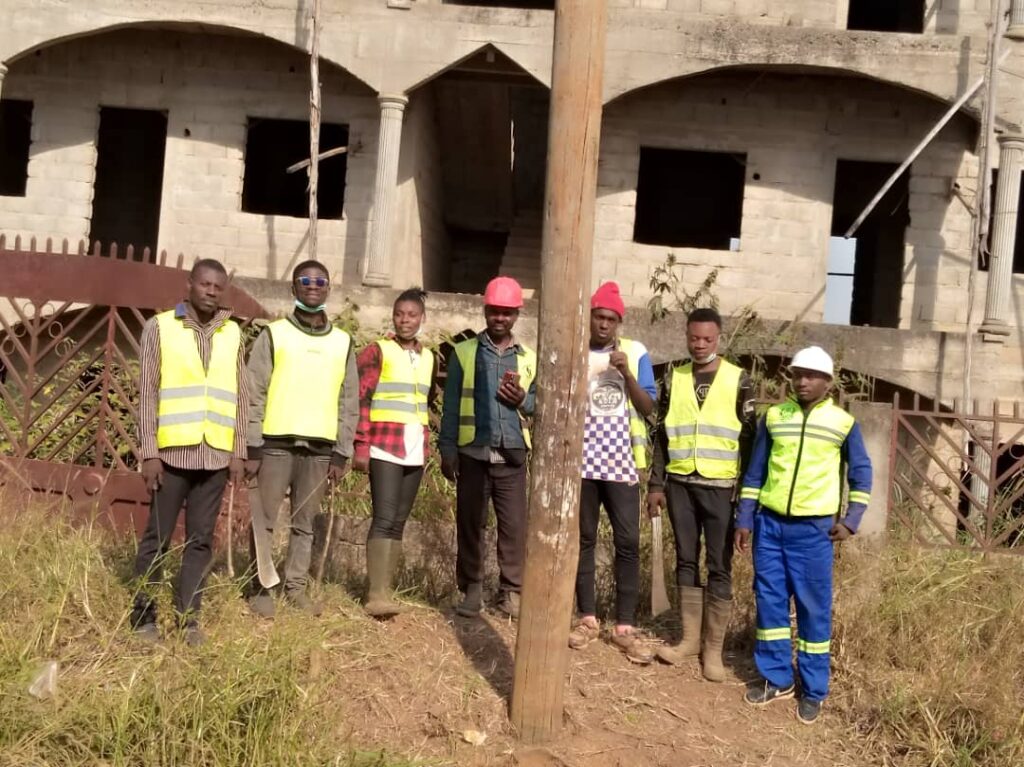Our theory of change
Our Theory of Change
Our globe today is faced with countless negative systemic social changes with undeserved grassroots communities being the most affected. From Illiteracy to poverty, hunger, and Climate change, sprouts violence against women ang girls within underserved grassroots communities. Unfortunately, over 75% of social entrepreneurs and change agents have no lived experience of what grassroots communities really go through. Hence, has shifted from solving actual root courses of community problems to addressing symptoms by merely using probabilities and generalized assumptions, grassroots and rural community problems are proposed and mostly cosmetic solutions are developed to intervene in assisting these communities with the hope for positive change however unfortunately, the story of impact is not always lived.
Problem
Ecosystem Degradation increasing negative systemic social change with underserved grassroots rural communities being the most affected,
¾ Social Entrepreneurs have no lived experience of what underserved grassroots communities really go through.


strategy
Mapping, To Identify communities most affected and underserved, Identify Key stakeholders, identify target beneficiaries using climate change vulnerability index, Problem identification.
Co-create, Through collaborative approach, Educate- Provide knowledge on key subject matter and best approaches to problem solving, Building Capacity for leadership Experience and ability to integrate diverse solutions, train the unskilful,
Support: Provide continuous Mentorship, Coaching, Network, providing tangible assets, provide micro-scheme platforms, connect to nature, Provide Social Protection,
Graduate: Integrate Beneficiaries into a Living system with sustainable ecosystem services
Out Puts:
By 2050,
- 50 Communities Engaged,
- 50+ Climate Smart Low Cost Vocational Training Centres Created,
- 10500 Self-Sustainable Jobs Created.

our theory of change diagram
- How it happens:
- Challenges:
- Ways forward:
- Outcome
- Impacts
- Developing urban and peri-urban agriculture
- Insertion of trainees through provision of startup capital and materials
- Training of IDP household heads on livestock production and market gardening and providing them with startup materials
- Insufficient funds to help in the insertion of trainees and the many IDPs seeking help for agricultural productions.
- Given the fact that the training is pro poor, funds are insufficient to get materials as majority of the trainees cannot afford to pay their registration fee.
Training of poor peasant farmers and unemployed youths continues while SEDA keep on outsourcing ways to get more funding to meet up with the afore mention challenges.
Increased number of smallholders and unemployed youths engage self-sustainable initiatives,
75% Increase technology resource distribution in Undeserved grassroots communities
- 50Million people working with Nature-based solutions in the Global South,
- 1Million grassroots change agents raised
- Increased Distribution of Resources to grassroots communities
